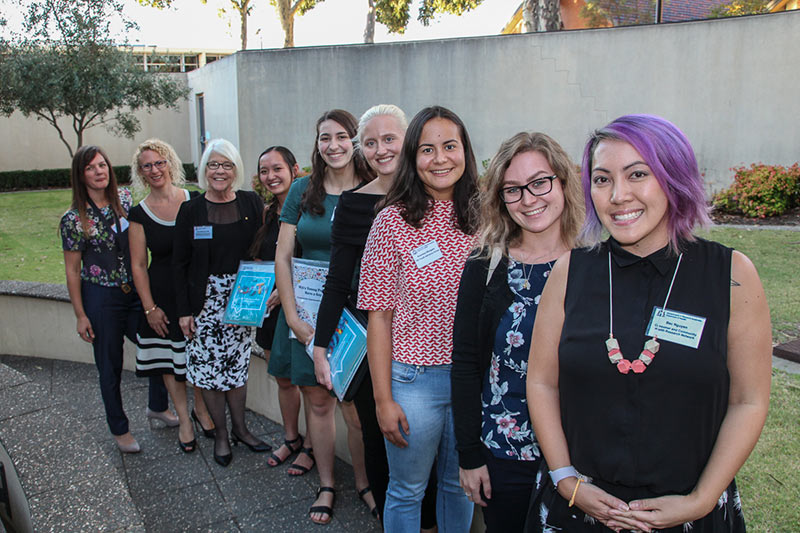Search

News & Events
Directing immune development to curb sky-rocketing diseaseOnce upon a time it was infectious diseases like polio, measles or tuberculosis that most worried parents. With these threats now largely under control, parents face a new challenge – sky-rocketing rates of non-infectious diseases such as asthma, allergies and autism.

News & Events
Trans Pathways breaks down barriers for Trans YouthWhen Trans Pathways ambassador Drew, 17, came out as trans three years ago, the biggest hurdle for him was the availability of services and the time it took to access support.

News & Events
The Kids welcomes new WA youth health policyThe Kids welcomes the launch of WA’s first policy on youth health which will give young people a voice in the planning of health services that affect them.

News & Events
Young people suggest anti-smoking style interventions for energy drinksResearchers conducted a series of group interviews with young people to find out how much they knew about energy drinks and the consequences of drinking them.

News & Events
Trans young people can benefit from puberty suppressionA major review by WA researchers has found medication used to suppress puberty can improve the mental health of young people who are trans or gender diverse.
Research
Quantitative measures of subjective wellbeing for adolescents: a scoping review and synthesis of comparable dataEfforts to promote adolescent wellbeing are of increasing global interest. Although the ability to measure wellbeing is essential for identifying disparities between and within populations, and for tracking progress in improving wellbeing, the best way to measure this elusive concept in adolescents is unclear.
Research
The role of childhood illness in shaping relationships through to young adulthoodTo explore how those with a physical illness in childhood are managing in relationships across childhood to young adulthood.
Research
Coping Compass: co-designing a brief online positive psychology programme for youth with chronic conditionsThis article presents a case study of a 12-month co-design process with young people (16–25) living with chronic health conditions to create an online, self-guided intervention based on positive psychology. Following an established framework for co-designing with vulnerable consumers, the co-design process was designed with stakeholders to promote accessibility and maximise youth engagement in the design of the programme.
Research
Trends in incident acute rheumatic fever or rheumatic heart disease in Indigenous youth in Western Australia: a retrospective cohort studyTo determine age-specific and age-standardised incidence trends of acute rheumatic fever (ARF) or rheumatic heart disease (RHD) among Indigenous Western Australians aged less than 35 years of age.
Research
The Luminos Project: Co-Designing a Short-Stay Suicide Support Model for Young PeopleSuicide was the leading cause of death among young Australians aged 15-24 years old in 2023, with 392 lives lost. The continued high numbers of youth suicide demand urgent exploration of alternative approaches to suicide intervention in this population. The United Kingdom-based suicide service Maytree offers an innovative short-term stay for people experiencing suicidal thoughts. Grounded by the Maytree model-of-care, the aim of the current study was to co-design a short-stay service responsive to the specific needs of suicidal young people.
